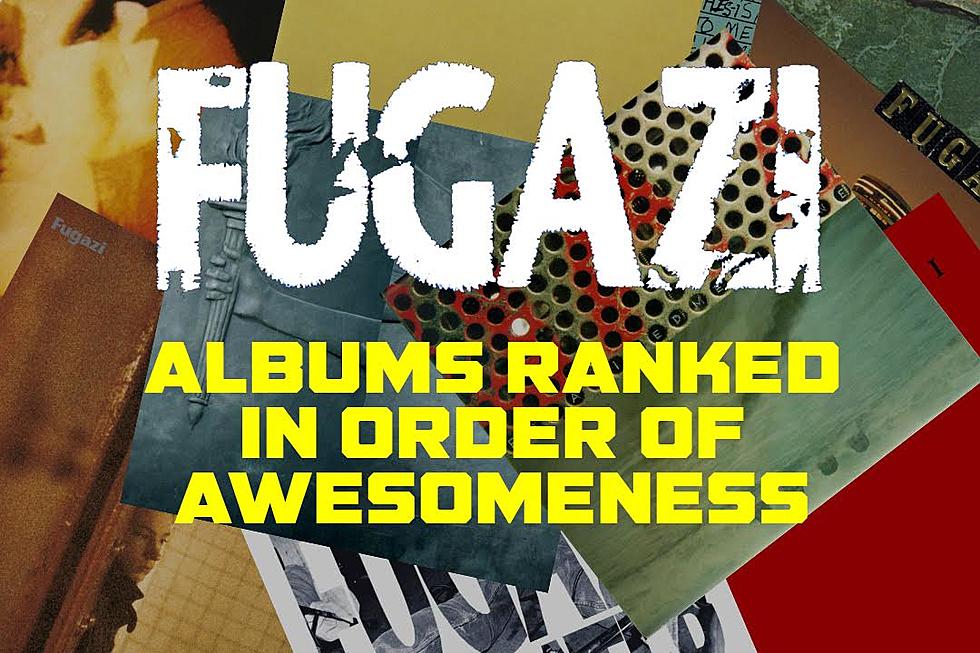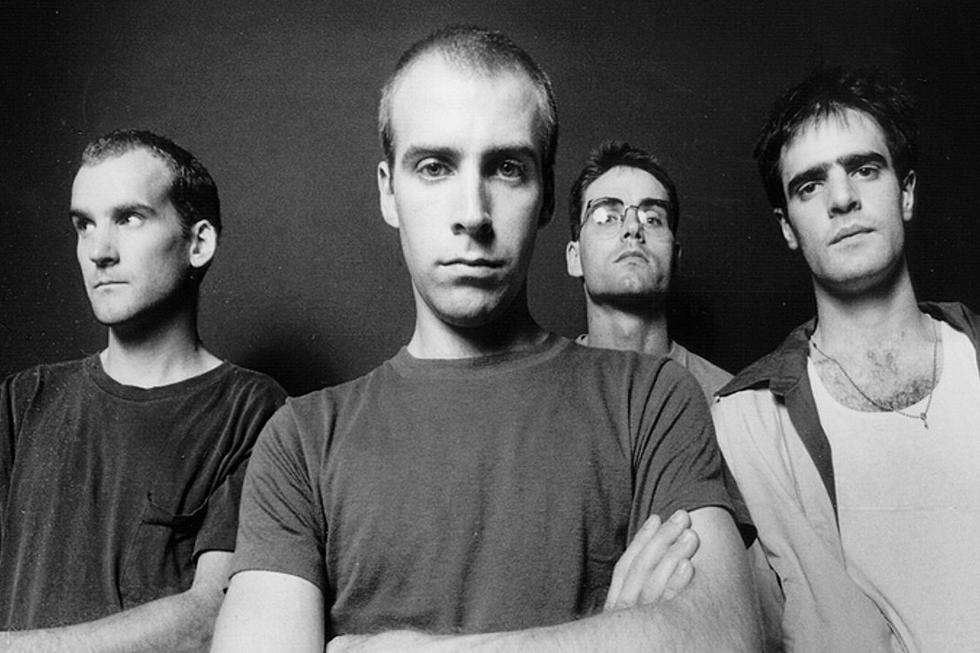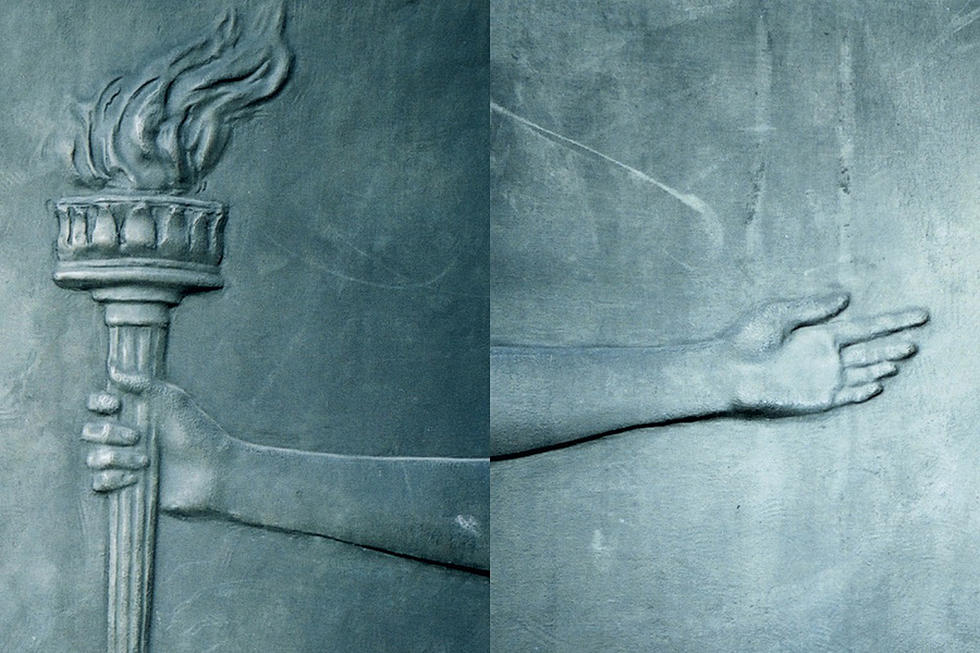When Fugazi Became Masters of Their Own Destiny With ‘Red Medicine’
For the first handful of years of their musical career, Fugazi spent relatively little time making albums. They seemed to prefer constant touring, only stopping occasionally to crank out an album over the course of a week or so. But after years of this grind, they decided to take their time and see what they could really accomplish in the studio. Their first attempt at producing themselves resulted in Red Medicine, which came into being on June 12, 1995.
The salty punk veterans known collectively as Fugazi had two albums and a ton of hours on the road when they released In on the Kill Taker in 1993. This album brought Fugazi their first taste of mainstream attention, but they weren't impressed. Instead of taking the money and the big label contract, they decided to go in the opposite direction.
Up until this point, Fugazi had always worked with a producer and recorded their albums live, with everyone facing each other in the same room. This worked to capture the high energy the band put out, but it was also very limiting. They decided to do things differently with Red Medicine.
From the first second of the opening track, Red Medicine marks the band's first real turning point since they formed. "Do You Like Me?" kicks off the album with lo-fi guitars and drums clashing and clanging in something that almost but doesn't really resemble a song, until a drum fill brings in a clean, raucous guitar riff that drives the song along underneath Guy Piccitto's vocals:
Red Medicine is a perfect example of a band making some big changes to their sound and approach that pay off in a big way. In an interview with One Week One Band, Ian MacKaye said, "I never felt like we found ourselves in the studio until Red Medicine. It wasn’t until then that we realized the way to make a record is to use a studio, as opposed to playing live in a room with mics in it. I think Red Medicine was a huge turning point for us for our relationship with recording, and as a band. In many ways we became a band making that record. A certain part of our relationships really matured. If you look at that, End Hits and Argument, I think those are our best records. If you ask me. They’re the ones I’m most fond of.
Picciotto echoed this sentiment in another interview. "We tried to produce ourselves the whole time but for a long time we didn't know what were doing," he said. "It wasn't until around Red Medicine that we finally felt comfortable with what we were doing. We were so used to playing together as a live band but in the studio nobody took the reins. But we eventually figured it out. The idea was to - our first few records had a stiffness about them that bothered us. Over time, it became easier to feel spontaneous. The weird thing with records is that you only get to make a few. Playing live, you f--- up one night and its bad but so what? It evaporates. But if you make a bad record, it haunts you for the rest of your life."
Red Medicine also included new stuff, like samples, random sounds and sparse vocals. Despite all of this, production on this album was bright and clean, making the songs more accessible than they should be. A great example of this is "Combination Lock" -- an instrumental featuring all manners of different guitar sounds playing over one of the tightest drum-and-bass combinations ever set to tape.
Fugazi went on to release three more albums, including the soundtrack to the film Instrument. They went on an indefinite hiatus in 2003 to spend more time with family and other artistic pursuits. MacKaye has said that they've since been offered lots of money to reunite and start playing shows again, but that's just not how Fugazi work. If we get to see them again, it will be on their terms.
Fugazi Albums Ranked in Order of Awesomeness
More From Diffuser.fm









